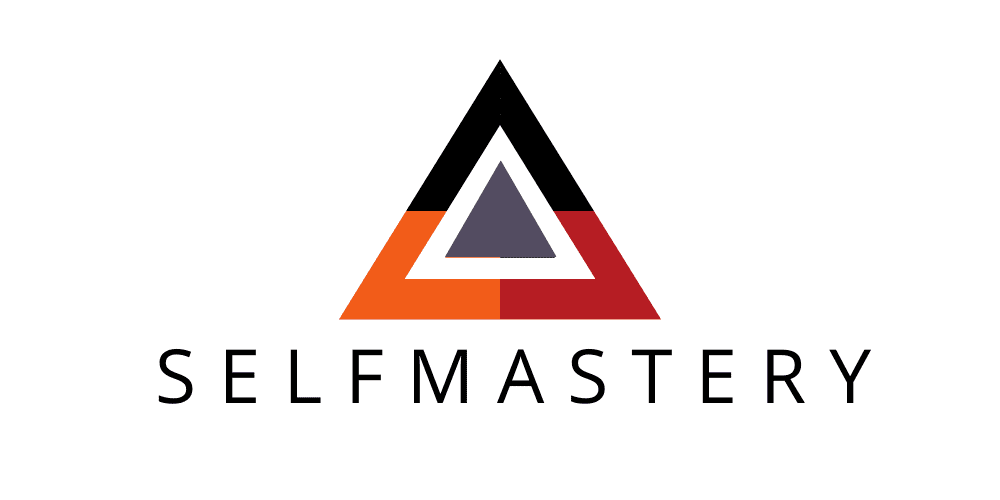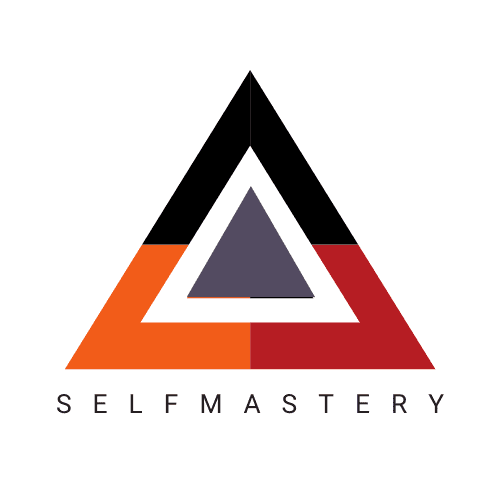
16 Apr What are you getting out of your training?
I love coaching, I love training. I have spent several years of my life in higher education institutions earning various degrees. However it’s in the gym that I have learned the most. Watching people sweat, talking about food, feelings, and the biomechanics of the squat, is where I have seen the most epic battles, and where I have had the biggest impact. I love it. Nonetheless there is one aspect of training/coaching that I have not yet learned how to address very well and that bothers me constantly. This post is an attempt to start changing that.
You see, when I talk to people about training I see so much unnecessary frustration, so much wasted effort. I see people working their asses off, putting in hours of training, miles of running, endless repetitions of this new movement somebody on Instagram recommended. And yet they are always feeling frustrated and unaccomplished. I encounter people feeling guilty about eating when they should not, or falling prey to poor nutritional advice and malpractice. You would not believe it, but some of my most difficult cases come from people who are thriving but feel like they are doing everything wrong. They just can’t understand (accept?): this is it, just let it take the time it takes. In my experience this happens because there is so much misinformation out there; there is so much amazingly effective marketing for incredibly ineffective products. There’s also a fair dose of ignorance combined with the fact that we tend not to think things through.
Over the years I have realized that the most common reasons people train are usually wrong. The fact that exercise is NOT necessarily an effective way to lose weight is a pill very hard to swallow. Most people cannot accept it; they just refuse to believe it. Sure, if you want to look athletic AF, you need to exercise, but if weight loss is your goal, you don’t have to really. One of the most common conversations I have in consultations is with runners who have completed a decent number of marathons over the years (8 or 10, for example). They started running to lose weight, are still running and trying to lose weight, but when I ask them what do they think they need to do to lose weight they’ll tell me… wait for it: more running. I don’t blame them or judge them. I understand, there is very strong cultural message that says that if you are fat what you need to do is to sweat that fat off with lots of cardio (GOSH that phrase that I just wrote there bothers me at so many levels, it is wrong at so many levels). The vast majority of people believe that, plenty of trainers, and lots of mean mothers.
Another reason people exercise is to relieve stress. But exercise is a stressor, and to be sure if you are doing it with the anger needed to get that perception of release you will be creating more stress in your body than you realize. Compound this over weeks and instead of making your life easier, you are just making it harder. My experience has taught me that these folks tend to develop injuries over time. They push so hard “no matter what” that they end up hurting themselves. When asked “why do you train,” they will tell you that exercise is good for your health but their PT’s bill is so expensive I beg to differ.
Don’t get me wrong: exercise can be the best thing you do for yourself. I believe it should be. In the long term it can make your body composition great, it can ease your stress and even anxiety and depression. If all my comments above create a sense of contradiction, that’s the point. This is a reflection of why people get so frustrated, and also why it is also so painful to watch.
I think all this frustration can be avoided with a simple but challenging exercise. Start by asking yourself “what are you getting out of your training?”. If you can answer this with measurable qualities even better. Try to not let what you want to get out of training eschew your answer. Write down just what you are truly getting. Go deep though, don’t just write health, or cardio. Challenge yourself, are you really healthier? Measure yourself, measure your lipids, your sugar levels, your body fat percentage. Do you find resistance to doing this? That is a good finding. Think about it. If you are going to spend 208 hours a year on something, with all the physical, mental and financial effort it requires, you should know what you are getting out of it. Do you think your cardiovascular capacity is better? How are you going to measure that? Challenge your beliefs!
Training Fundamental Benefits
Now before I tell you what to do with that list, let me give you a set of aspects I want all my athletes to get out of training. These aspects are crucial. My practice is based on making sure my athletes get what they want but never at the expense of the following:
- Free movement. Your training should allow you to move through space better. With time you should be able to move all your joints through a solid range of motion -unless there are specific problems. You should be able to move freely, without restrictions or limitations. If you are specializing in your sport so hard that your posture is suffering and you can no longer pick up the groceries from the floor, or you have chronic back pain, you are not gaining freedom. You are limiting yourself.
- Free time. The fitter you get the less time you need to spend your time in the gym. Sure, if you want to keep improving at a maximal rate, or if you are a competitor you need your training time. However the fitter you are the more efficient and effective your workouts can be. And the less you really need to do. If you are very unfit every training session counts. To be clear, consistency is still king, but one week off will have way less of an impact on a very fit person than on an unfit person.
- Autonomy. Training should serve you and make you independent. It should allow you to do more. It should allow you to move with less aid. If you are young this means you should be able to do more without gear. If you are wiser, this means you should be able to do all your basic vital functions, without oxygen tanks, canes, or handsome nurses.
- Nutrient Partitioning. This concept refers to the way body deals with nutrients. Food is information. Each nutrient tells your body to do something. If you are very fit, your gut, liver, stomach, muscles, are all in sync and can deal with food in an organized and effective manner. If you are unfit, not so much. Have you ever found yourself thinking that fit people can eat “whatever they want” and it does not seem to affect them that much? This is why. Their metabolism is just more efficient at everything. The fitter you get the more efficient your metabolism gets. One way to look at training is as a set of stimuli targeted to make your body more efficient in the conversion of nutrients into work. Now, keep in mind that to get really fit your diet has to be pretty consistently good so the “eating whatever I want” idea isn’t really a good long-term strategy for fitness.
- Health. Yes, definitely, you should be healthier. You should measure this, and not take it for granted. If you do yoga five times a week, but your cardiovascular health is still poor, you might consider adding some biking to your game. If you are a hamster on the bike, but your CNS is not that challenged, you will age faster. Measure your health, I wrote an article on biomarkers here.
line
Okay let’s go back to our initial exercise. Combine my list with your list. Look at what you are getting out of your training. What do you see? My guess is you might be getting way more than you thought you were, which will make you feel so much less frustrated and it will refocus your attention on what matters in your training. When I do this exercise it shifts my attention from what I want to get out of training that I am not getting (i.e. more PRs, six packs, the admiration of others), to what I am really getting. The cool thing is that what I am getting out of my training is often better and more aligned with who I want to be. Sometimes I see I need to make some changes and so I do, and then I know I am moving forward. And nothing kills frustration like the feeling that you are moving forward.
At the end, it is all about asking the right questions. What are you getting out of your training?
juan


